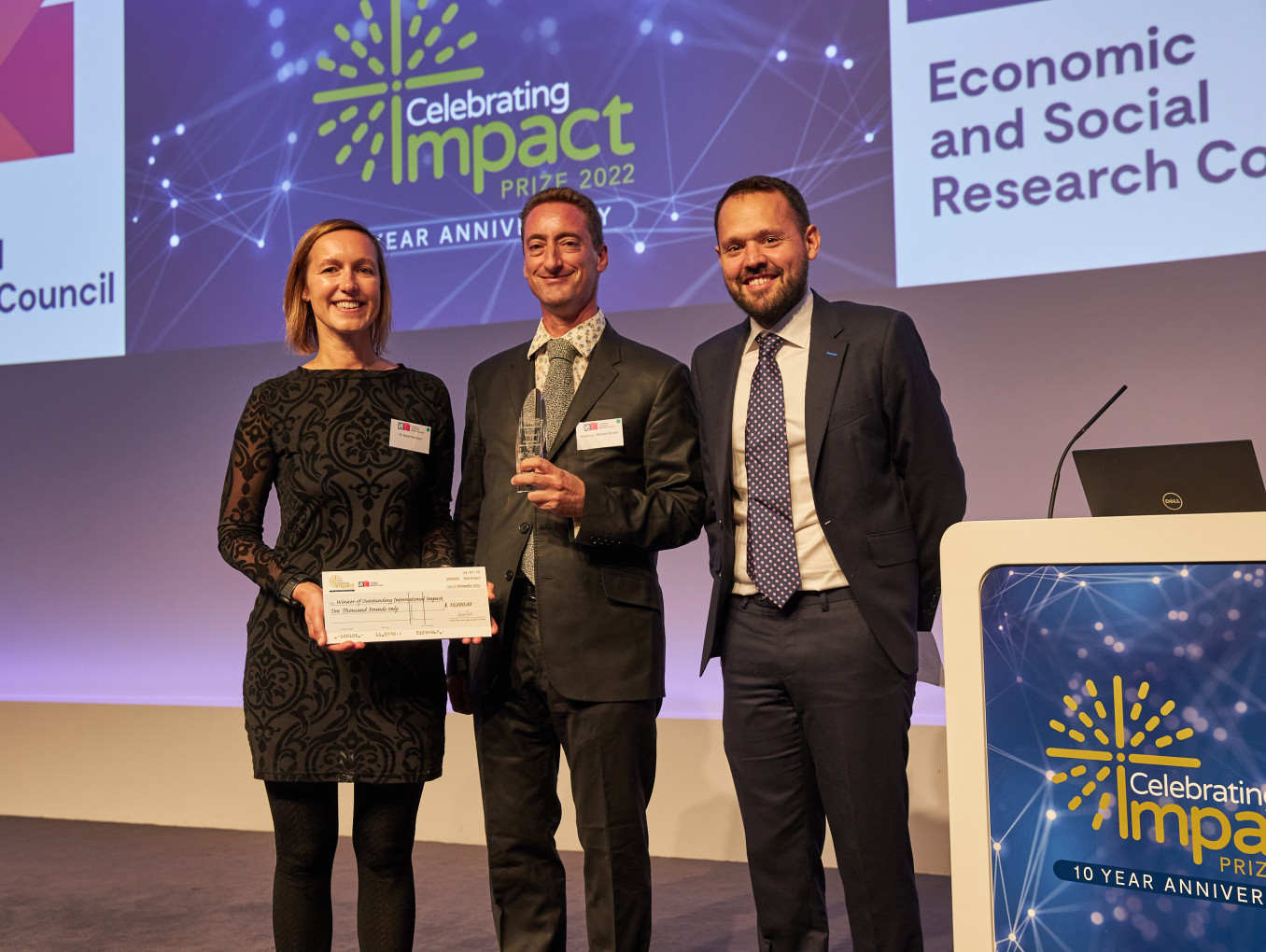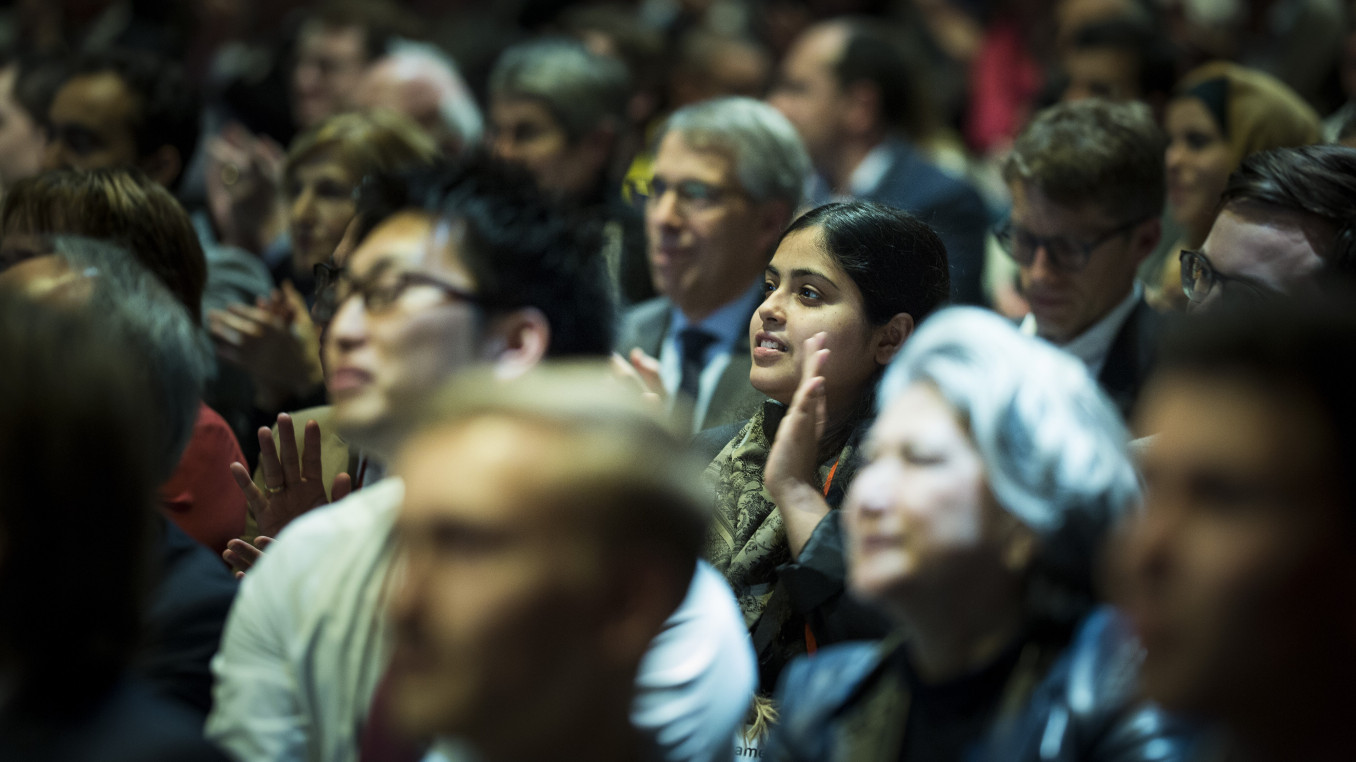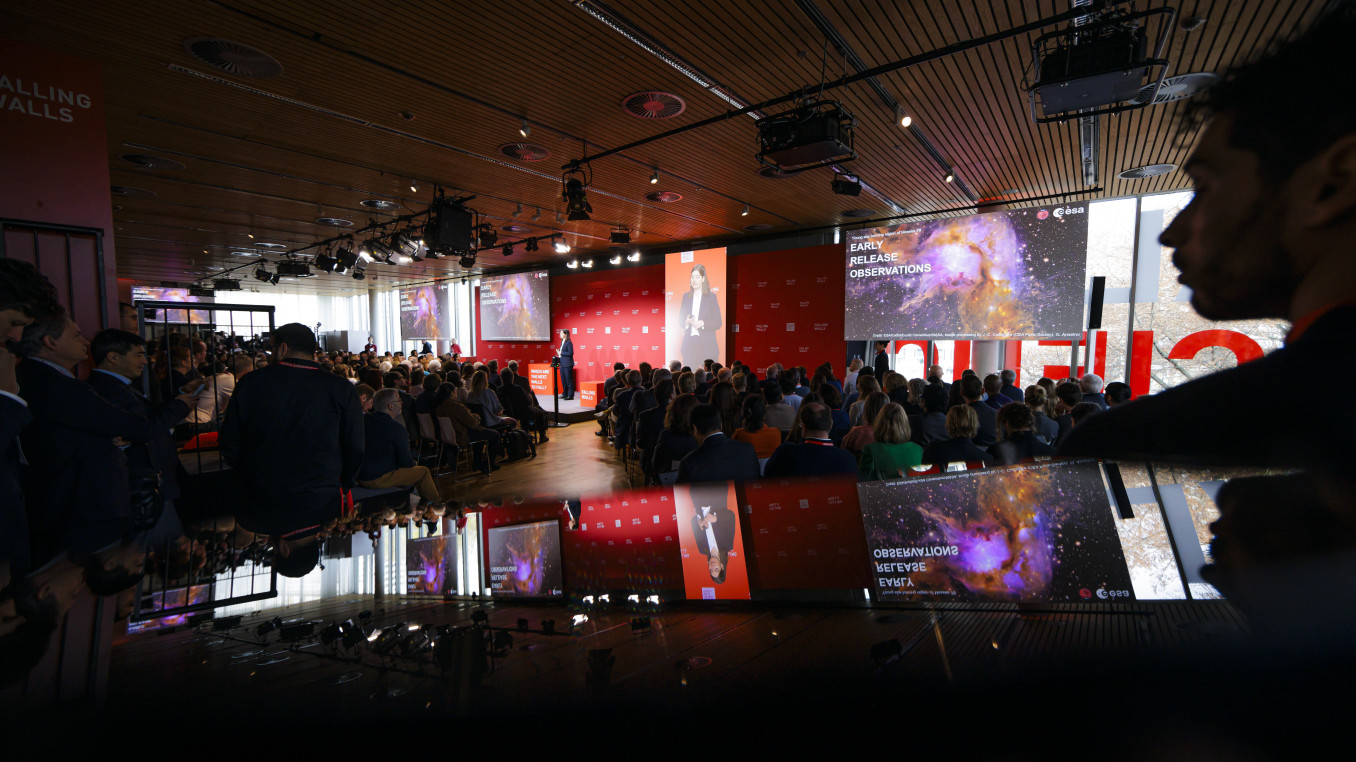Fighting Democratic Exclusion: Michael Bruter's Vision for Inclusive Participation
Breaking the Wall of Democratic Exclusion
Winner Interview 2024: Social Sciences and Humanities
Michael Bruter's innovative research redefines democratic inclusion, addressing not just who is excluded but why. His work with global Electoral Commissions aims to revolutionize participation for first-time voters, citizens with hidden disabilities, and marginalized groups, ensuring democracy fulfills diverse needs and functions. Discover how his focus on subconscious effects uncovers deeper reasons behind democratic disengagement, paving the way for more inclusive solutions.
Which wall does your research or project break?
We break the wall of democratic exclusion. Everyone knows that a lot of people are excluded from democracy, but we argue that we need to rethink the whole concept of democratic inclusion. It is not enough to consider what categories are under-represented, and try to tell them: “democracy as it is organized works for me and I care about which parties represent me and which policies they pass, so why don’t you do the same?”. In other words, you assume that democracy is “fixed”, that we know what it is supposed to achieve, and that it is for the people to change. Yet, science progresses out of dead-ends when it challenges the assumptions that have been made and see if they are as solid as they are. We argue that they are not, and that to make democracy inclusive, it’s not enough to know “who” is underparticipating, but we also need to understand what functions they want democracy to fulfil (and which current institutional designs may not be equipped to provide), how democratic needs evolve across life and may explain intergenerational democratic inequalities, and how inclusion can be disrupted by major shocks – such as pandemics, environmental disasters or terrorist threats – which may specifically affect certain categories of citizens. Democratic exclusion is not a mere problem of technicalities.
Our new, holistic definition has opened novel and disruptive perspectives about the mechanisms of democratic exclusion, and we use those insights to work with Electoral Commissions in major countries such as Sweden, Australia, South Africa, and many more, go to the heart of the problem, and work on what is needed to improve the participation of first time voters, citizens with invisible disabilities, and many more, and simply assess how to ensure that democratic processes give citizens a sense of “resolution” regardless of whether the people they voted for win or lose, and avoiding a state of seemingly permanent conflict.
What are the three main goals of your research or project?
Our first task has been to – quite literally - revolutionise our understanding of democratic exclusion in order to to find groundbreaking solutions to it. We did that by challenging existing assumptions about what democratic inclusion means and about what citizens want democracy to achieve. We have uncovered 7 key functions of democracy citizens care about, only two of which are currently catered for, and we found that citizen categories such as young and first time voters, and those with hidden disabilities precisely value some of the functions which are traditionally overlooked. Our second taks has been to put citizens back at the heart of democracy and ensure democracy works for everyone. What we mean by that is that those who organize democracy get a lot of pressure from parties, media, pressure groups, etc but almost never hear from regular citizens, and even less so from citizens who are left out of democracy. We change that, and our research ensures that we focus on subconscious effects so that we understand how people use democracy and why they stay out of it in ways which they would often be incapable of mentioning themselves because over 95% of what we do in life is in fact subconscious. Finally, we want to ensure that often excluded categories such as citizens with hidden disabilities, first time voters, and those from unprivileged backgrounds do not need to feel democratically alienated or hopeless.
What advice would you give to young scientists or students interested in pursuing a career in research, or to your younger self starting in science?
Remember that in research, questions always matter more than answers. Look for questions which are important, relevant, compelling and novel. Research is too precious to be incremental. Always question the assumptions disciplines make without even realising it, be innovative and ethical, remember that people matter, and combine methods with different strengths and limitations to find the most ground-breaking answers.
What inspired you to be in the profession you are today?
I've always had an endless appetite for questions, especially big questions. To me research is a bit like a mixture of detective work and intellectual riddle. It requires both boundless creativity and relentless rigour and those are two qualities I value a lot.
What impact does your research or project have on society?
Working on democracy means a chance to improve the everyday life of billions of citizens. When I see Electoral Commissions use our work to increase turnout amongst first time voters, change the design of their ballot paper or ensure disabled citizens no longer feel like second class citizens, I feel we are doing something important.
What is one surprising fact about your research or project that people might not know?
Over a third of democratic citizens have already cried because of an election. And I could tell you about marriages and breakups too.
What’s the most exciting moment you've experienced over the course of your research or project?
Emotion matters even more to me than excitement, so I'd say when in one of our family focus groups, a grandmother had tears in her eyes when she realised her grandson continued with election night rituals she herself remembered sharing with her own parents. She had no idea her grandkids cared that much and that for them too democracy was part of the family.


